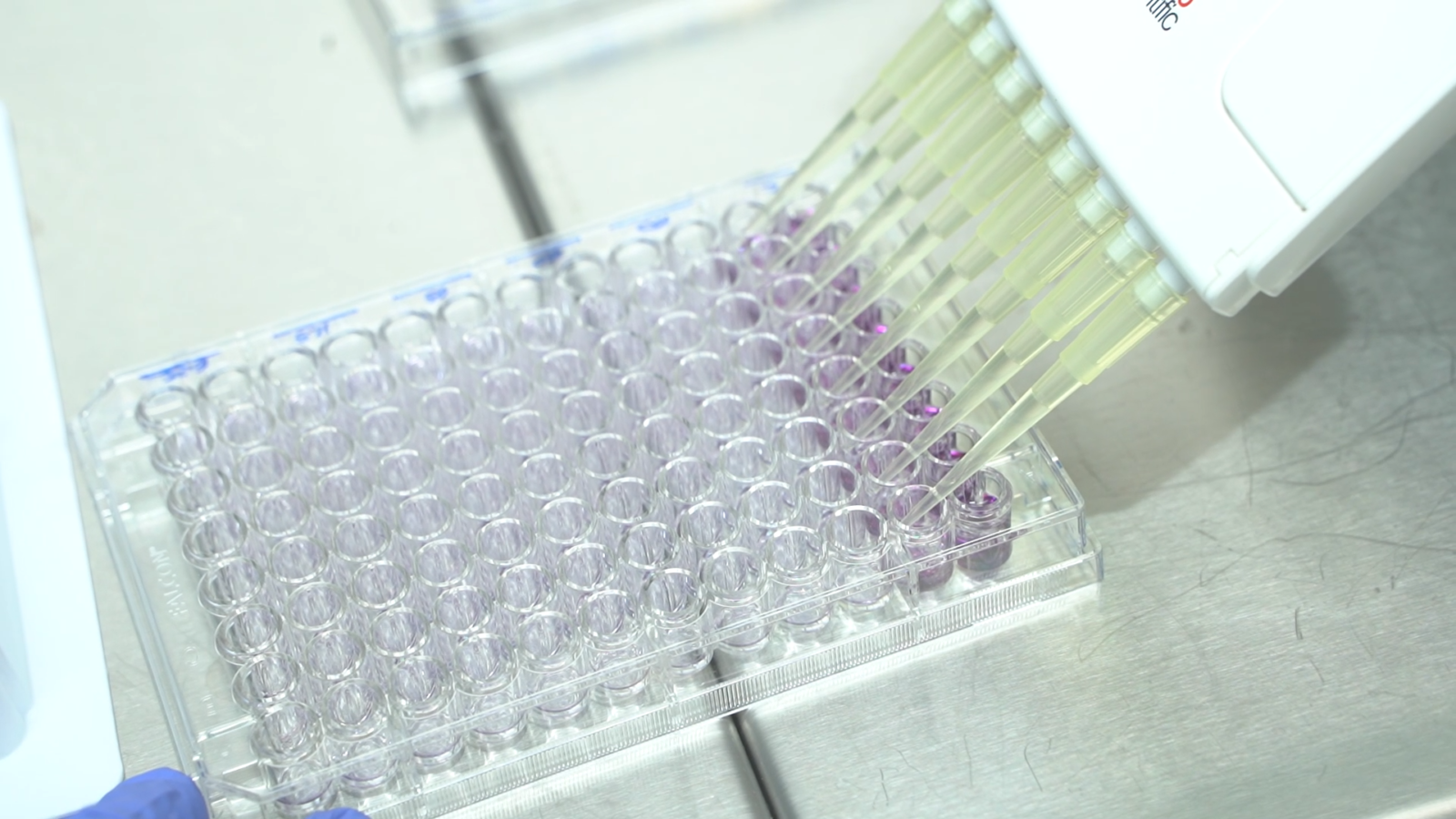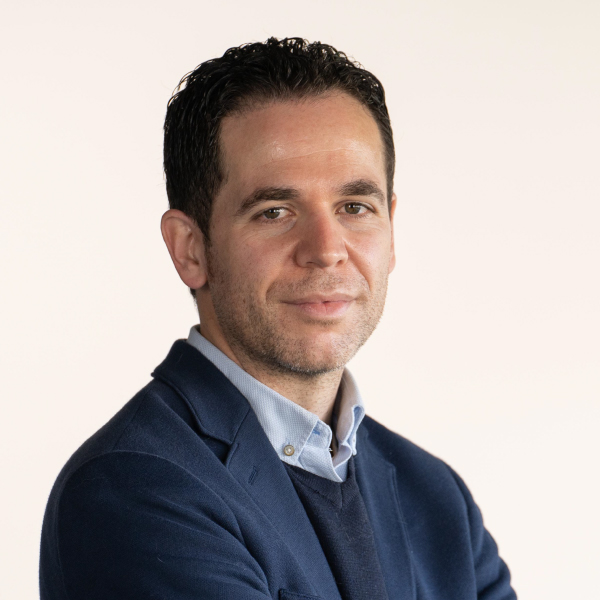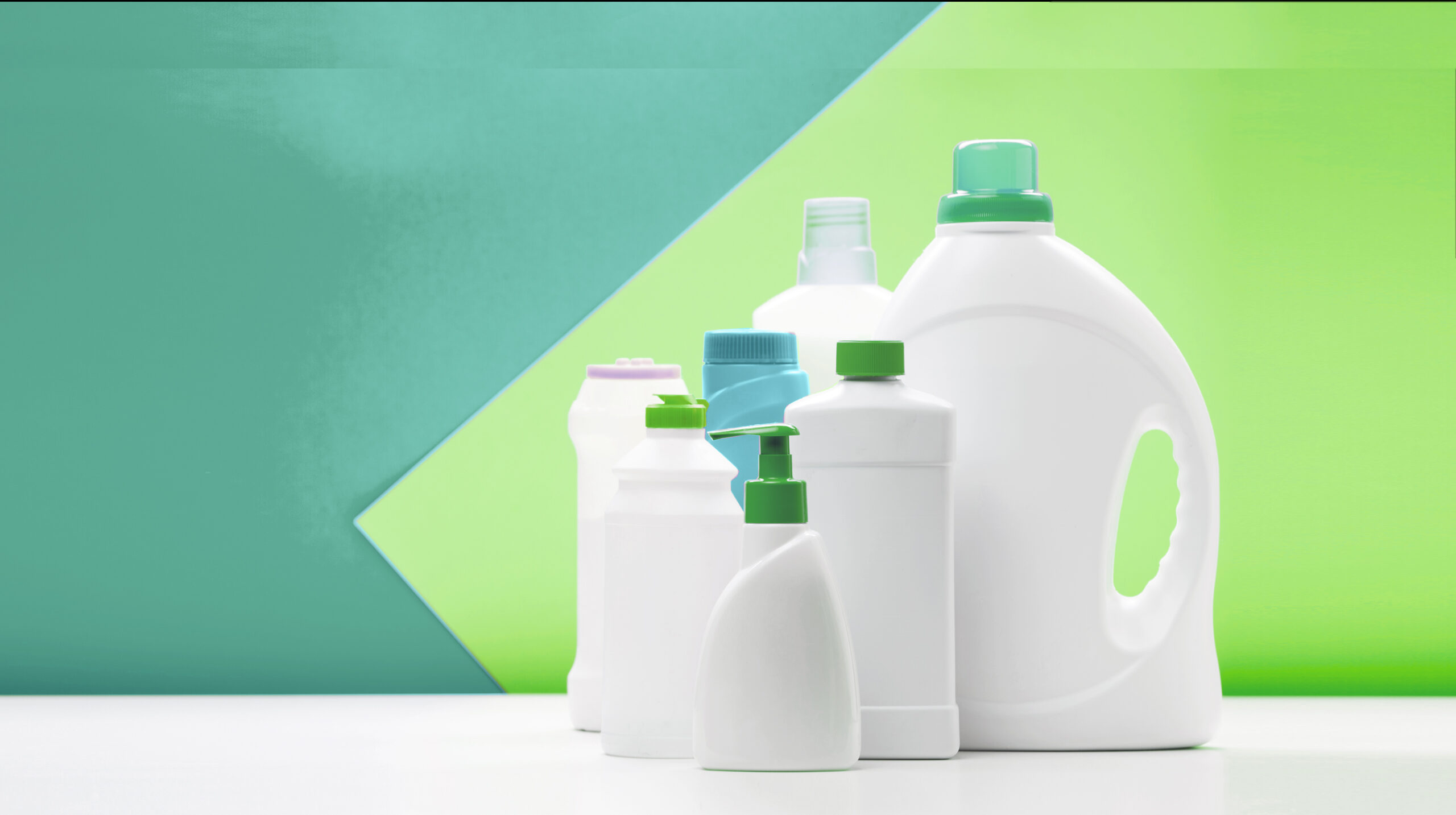Brussels to limit PFAS concentration in food packaging in historic step towards a more sustainable future
- This historic move on PFASs, which is part of a broader pact for a profound transformation of the packaging industry, is aligned with the objectives of the European BIO-SUSHY project, in which ITENE is actively involved. Its purpose is to protect both consumer health and the environment.

The European Union is taking a crucial step to limit the presence of perfluoroalkyl and polyfluoroalkyl substances (PFAS) in food contact packaging. The future European Packaging and Packaging Waste Regulation sets a maximum concentration of 25 ppb for all PFASs measured by specific PFAS analysis. It will be a maximum of 250 ppb for the sum of PFASs measured as sum of PFAS-specific analysis, if it has occurred with prior degradation of precursors (excluding polymeric PFASs from quantification), and for PFASs (including polymeric PFASs) it will be a maximum of 50 ppm.
Read on to find out more:
- What are PFASs: properties and impact on human health
- How the EU agreement affects the use of PFASs
- New solutions through Safe and Sustainable-by-Design
1. What are PFASs: properties and impact on human health
PFAS, known as “forever chemicals” due to their persistence in the environment and the human body, are found in a wide range of products, from Teflon to food packaging. Although they are valued for their waterproof, heat-resistant, and non-stick properties, their negative impact on health and the environment is a cause for great concern. They have been linked to various health problems, such as cancer, reduced fertility, and developmental problems in children. These harmful effects considerably outweigh any benefits, necessitating the development of safe alternatives.
2. How the EU agreement affects the use of PFAS
The future European Regulation on Packaging and Packaging Waste establishes maximum concentration limits for PFAS (per- and poly-fluoroalkyl substances) in packaging that comes into contact with food. This measure aims to protect human health and the environment, while also driving the transition towards a more sustainable packaging industry.
To promote sustainability, the use of recyclable and reusable materials in the packaging industry is encouraged. Targets are set to reduce the amount of packaging generated and disposed of.
Additionally, research and development of safe and sustainable alternatives to PFAS is being promoted. This supports innovation in packaging materials to reduce their environmental impact.
3. New solutions through Safe and Sustainable-by-Design
To respond to this need and commit to a more responsible and respectful future, ITENE, as a leading technology centre in research and innovation, is working on developing new coatings with the same properties as PFAS, but without their toxicity and persistence. This effort is being carried out within the framework of the BIO-SUSHY project, which involves 15 entities from 8 countries.
This project, started in 2023 and funded by the Horizon Europe program, contributes to the elimination of harmful substances from the market, promotes safety and sustainability in the packaging industry. In addition, it contributes to the advancement towards a circular economy.
TENE plays an active role in defining the SSbD (Safe and Sustainable-by-Design) framework to ensure the safety and sustainability of these new materials. In this way, it will be possible to carry out preliminary assessments of the possible risks involved in the processes and products used, as well as the definition of exposure scenarios for three demonstrators (food packaging, video cosmetic packaging and textile applications), planning of exposure measurement campaigns in manufacturing processes and toxicological analyses of the raw materials that substitute PFAS.
However, this EU agreement goes beyond PFAS and seeks a profound transformation in the packaging industry. A transformation that is fully aligned with ITENE’s commitment to the circular economy. This commitment is reflected in all areas of work, where we seek to promote this model through the development of new recyclable materials, the optimization of production processes and the search for solutions for the recovery of waste.
We firmly believe that collaboration between companies, institutions and administrations is essential to achieve this goal. Only by working together can we build a more responsible and respectful future for the planet
-
Shall we talk?

Carlos Fito
Safety and environmental monitoring area manager

